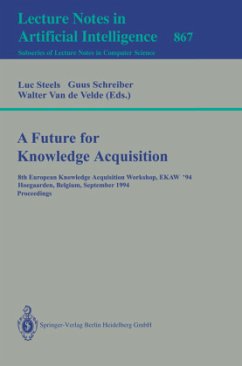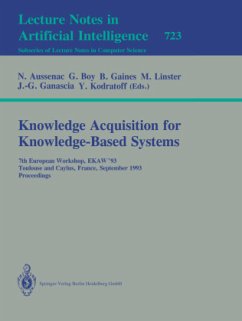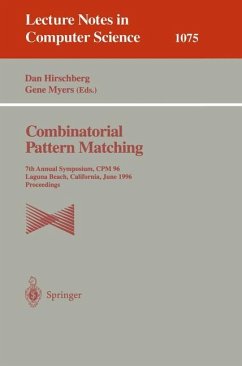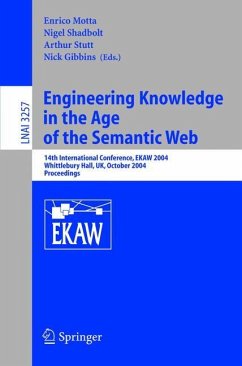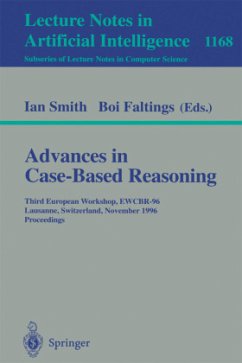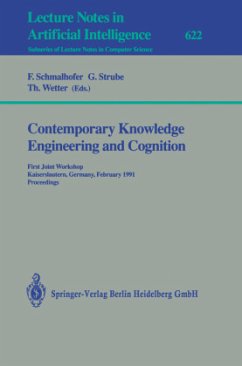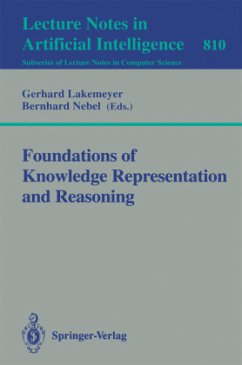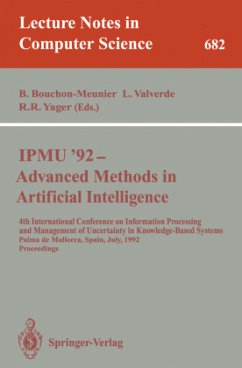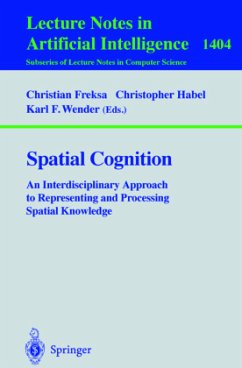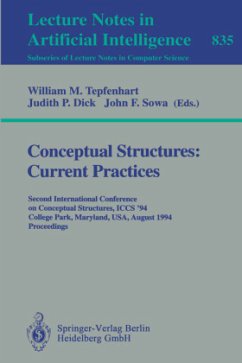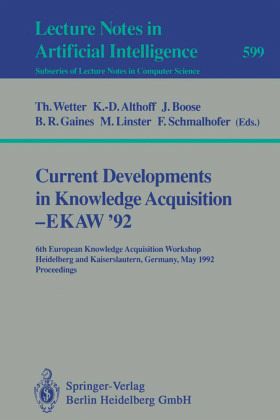
Current Developments in Knowledge Acquisition - EKAW'92
6th European Knowledge Acquisition Workshop, Heidelberg and Kaiserslautern, Germany, May 18-22, 1992. Proceedings
Mitarbeit: Wetter, Thomas; Althoff, Klaus-Dieter; Boose, John
Versandkostenfrei!
Versandfertig in 1-2 Wochen
39,99 €
inkl. MwSt.

PAYBACK Punkte
20 °P sammeln!
Methodological knowledge acquisition and knowledgeengineering have achievedincreasing attention in recentyears due both to active research projects and to successfulpractical applications. Both aspects have over the yearsbeen reflected in the structure of the European KnowledgeAcquisition Workshops (EKAW), where a users' forum hasalways been combined with a scientific workshop.This volume contains the proceedings of EKAW-92. The papersare organized into five thematic sectionson:- Technology transfer- General modelling approaches- Knowledgeformalization and automated methods- Elicitation and di...
Methodological knowledge acquisition and knowledgeengineering have achievedincreasing attention in recentyears due both to active research projects and to successfulpractical applications. Both aspects have over the yearsbeen reflected in the structure of the European KnowledgeAcquisition Workshops (EKAW), where a users' forum hasalways been combined with a scientific workshop.This volume contains the proceedings of EKAW-92. The papersare organized into five thematic sectionson:- Technology transfer- General modelling approaches- Knowledgeformalization and automated methods- Elicitation and diagnosis of human knowledge- Practice and experiences of knowledge acquisition.A total of 65 persons from around the world served as theprogram committee. Their recommendations and sometimes verydetailed comments helped both workshop organizers andindividual authors to achieve the high quality reflected inthis volume.





